SystemLink
RESEARCH TRAINING GROUP 2360GRADUIERTENKOLLEG 2360
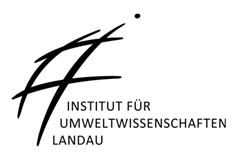


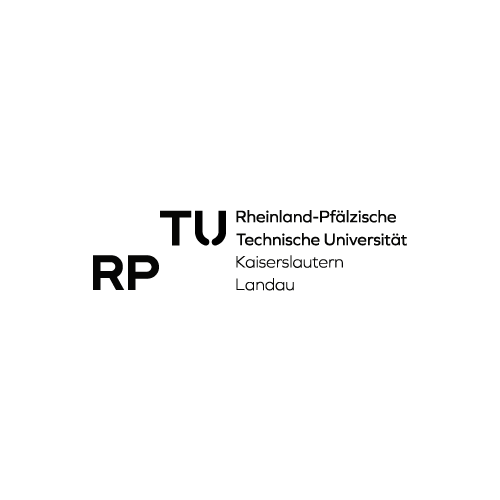
SystemLink
Is a research training group with an innovative qualification plan for young researchers who investigates bottom-up and top-down interactions in terrestrial ecosystems propagating from aquatic environments as a result of their exposure to anthropogenic stress.
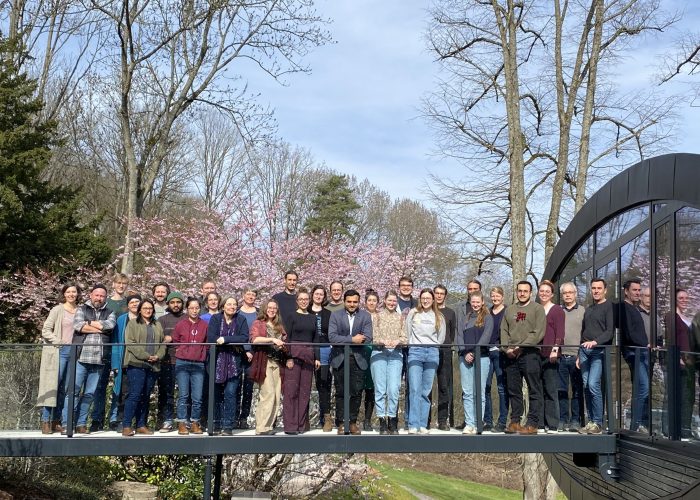
WHY?
The impact of matter input from terrestrial sources on aquatic systems is well known. The reverse process has received less attention.
We hypothesize that invasive species and micropollutant exposure cause top-down and bottom-up mediated responses in terrestrial ecosystems.
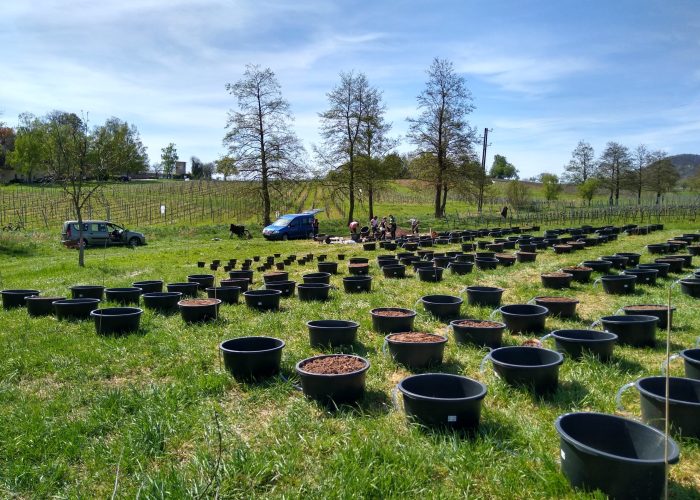
HOW?
PhD students in SystemLink either conduct experiments in unique aquatic terrestrial mesocosm facilities combined with laboratory and field research, or develop and apply process-based environmental models.
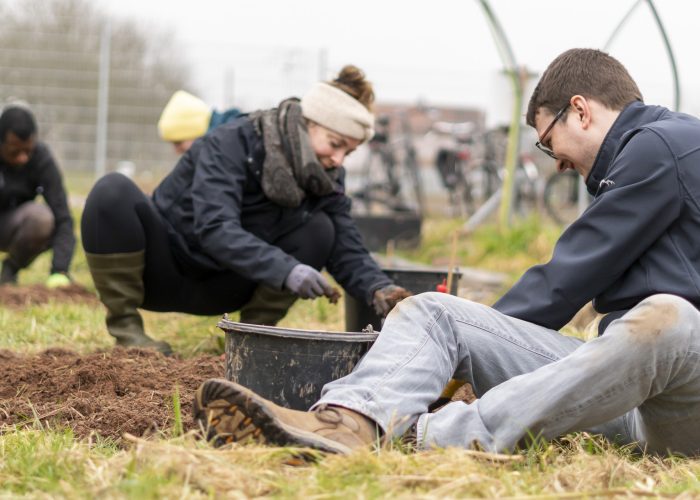
WHAT?
SystemLink thrives to increase the knowledge on effect translation across ecosystem boundaries by integrating biogeochemical fluxes and biological subsidies.
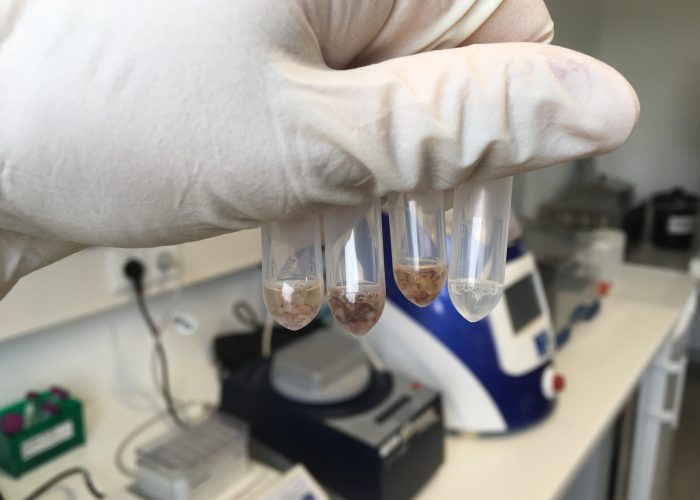
HIGHLIGHTS

28. November 2025
SystemLink PhD candidate Franziska Middendorf successfully defended her doctoral thesis. We congratulate her on this great success.
Franziska completed her dissertation on the topic “Community patterns and prey consumption of arthropod predators at the aquatic-terrestrial interface.”
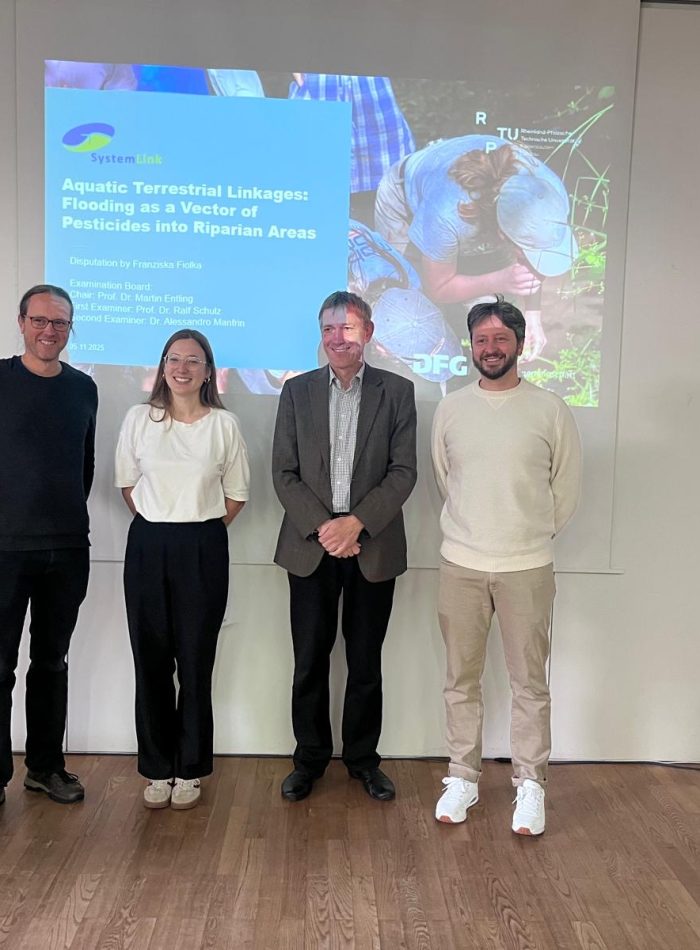
05. November 2025
SystemLink PhD candidate Franziska Fiolka successfully defended her doctoral thesis. We congratulate her on this great success.
Franziska completed her dissertation on the topic “Aquatic Terrestrial
Linkages: Flooding as a Vector of Pesticides into Riparian Areas”
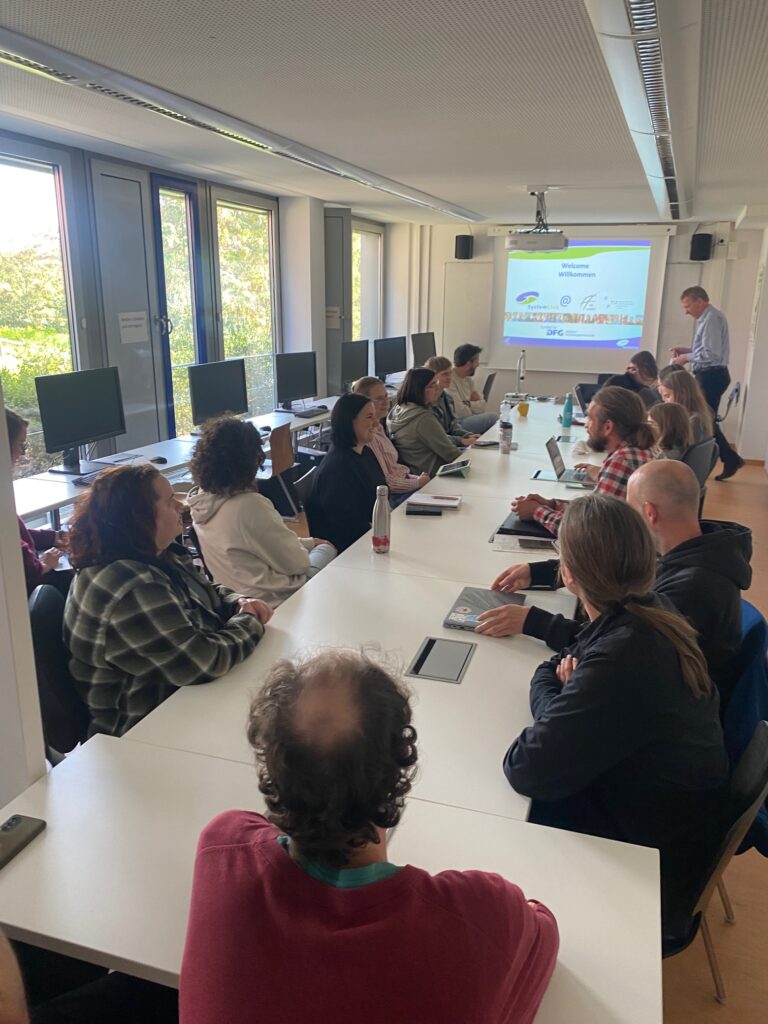
01. Oktober 2025
We were finally able to welcome our new cohort. We look forward to the next few years with you.
Insights into our work
GALLERY
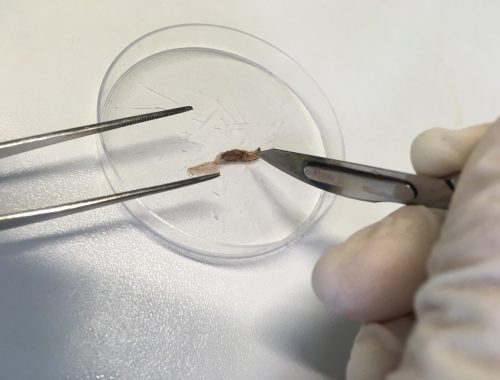
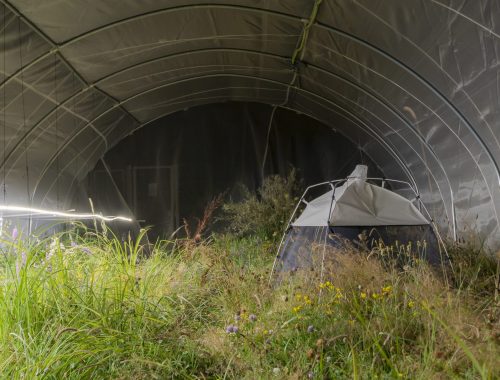
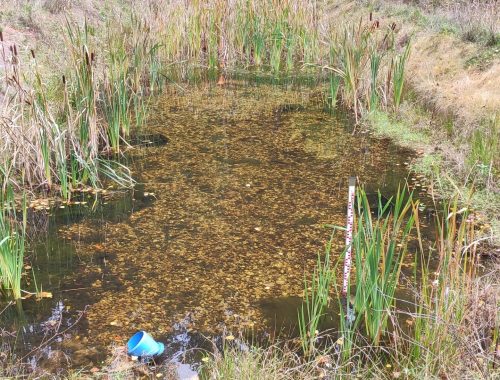
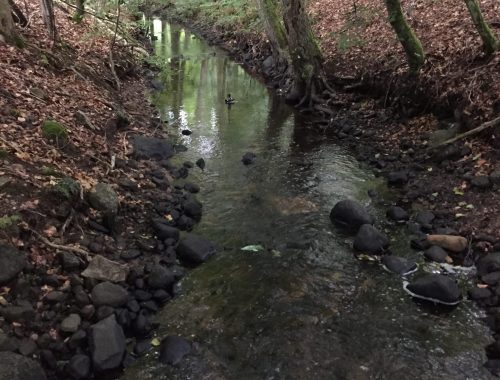
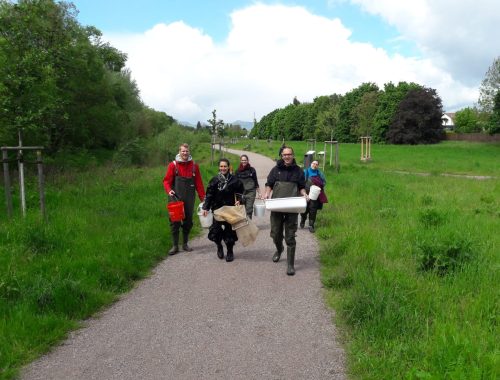
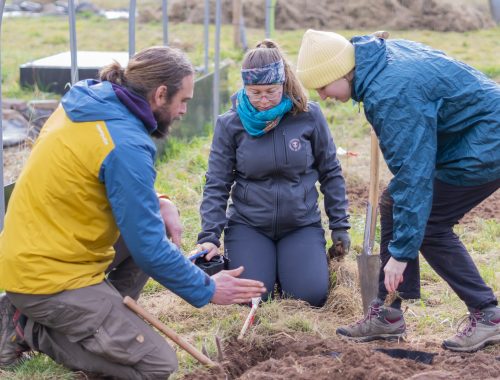
Introduction SystemLink
